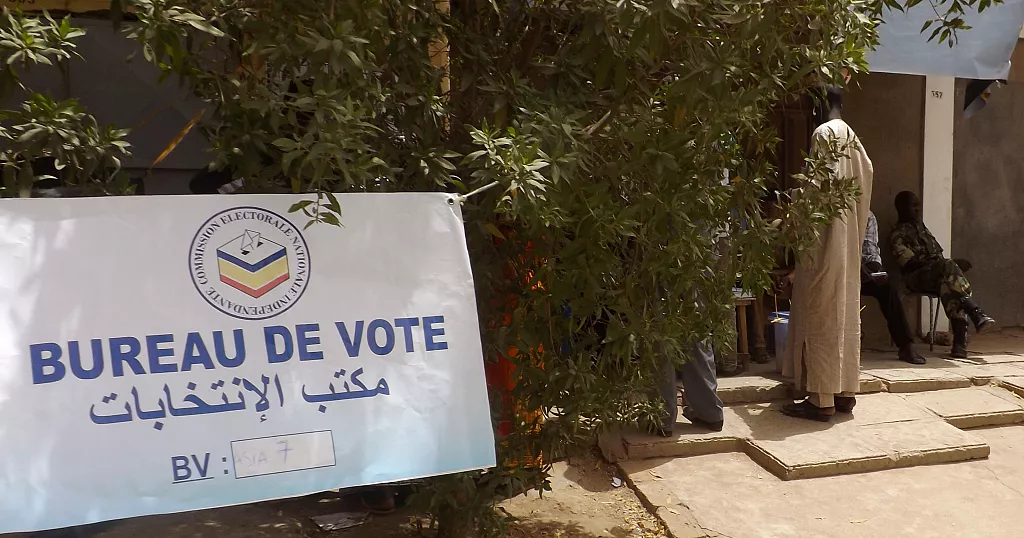Chad faces political crisis as 14 opposition parties boycott December elections

Chad faces political crisis as 14 opposition parties boycott December elections
Fourteen opposition parties in Chad have announced a boycott of the upcoming legislative and local elections, scheduled for December 29, 2024, citing widespread irregularities and a lack of transparency.
This mass withdrawal has cast a shadow over the country’s democratic future, raising concerns about the legitimacy of the electoral process.
In a joint statement, the opposition parties expressed their frustration with what they described as a rigged system designed to maintain the current government’s grip on power.
“The minimum conditions for a credible election are not in place,” they declared, pointing to the need for a revised electoral roll, which they claimed is “corrupt and unaudited,” as well as an electoral map that disproportionately favors the ruling party’s supporters.
The opposition also criticized the lack of transparency in vote counting, the absence of neutral observers, and unequal treatment of candidates.
The prevailing atmosphere of repression, they argued, has demoralized much of the electorate, making meaningful participation in the elections virtually impossible.
A Climate of Distrust and Defiance
Leaders of the opposition have been vocal in their condemnation of the electoral process.
Avocksouma Djona Atchenemou, head of the party Les Démocrates, described the elections as “predetermined,” warning that their outcome could shape Chad’s political landscape for decades to come.
He added, “These elections are a closed circuit with no political consensus.”
Mahamat Zène Chérif, president of the Tchad Uni party, echoed this sentiment, stating, “We cannot, in good conscience, participate in a process we deem biased.
This boycott is a responsible decision for our supporters and the Chadian people.”
The Role of the Electoral Commission
At the heart of the controversy is the role of Chad’s National Independent Electoral Commission (CENI).
Opposition leaders have accused the commission of lacking impartiality, alleging that its leadership is biased toward the ruling party under President Mahamat Idriss Déby.
Additionally, the government’s refusal to accredit neutral election observers has deepened fears over the integrity of the voting process.
An Uncertain Path Forward
As the ruling party prepares for the elections, bolstered by its political allies, the opposition remains resolute in its decision to boycott.
Some parties, such as Les Démocrates, are considering measures to prevent the elections from taking place, arguing that Chadians cannot afford to be treated as “second-class citizens.”
Meanwhile, Les Transformateurs, led by former Prime Minister Succès Masra, have called for specific conditions to be met before they would participate in the electoral process.
With just weeks remaining until the elections, the political climate in Chad remains highly charged, and the opposition’s boycott threatens to undermine the credibility of the vote.
This deepening political crisis could escalate tensions between the ruling government and its opponents, further destabilizing a country already burdened by decades of unrest.
The international community, which has been called upon to ensure transparency, has yet to intervene decisively.
About The Author
dailymailafric
I am an avid African news observer, and an active member of Daily Mail Africa.
I’m Passionate about staying informed on diverse topics across the continent,
I actively contribute to publishing on political, economic and cultural developments in Africa.



